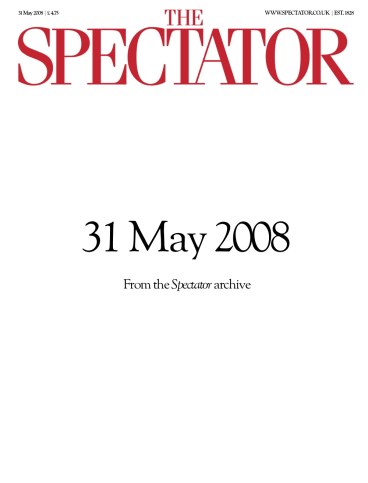The hammer of the Scots
This is a book from beyond the grave — the last that Hugh Trevor-Roper wrote, and though it is unfinished, there is no mistaking the sting in the tale. There was nothing the Regius Professor of History at Oxford enjoyed more during his lifetime than annoying the Scots. From time to time he would break

